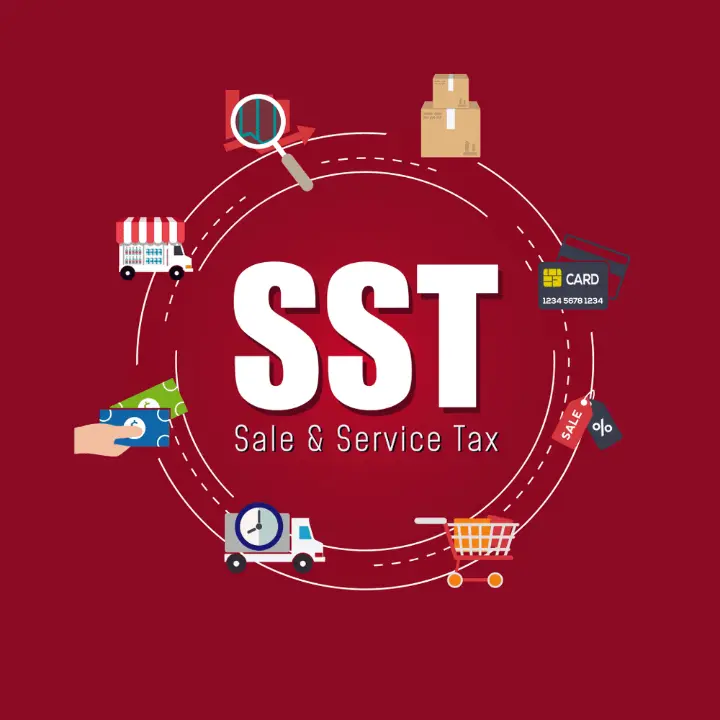
What is SST?
SST is an indirect tax system introduced in Malaysia on September 1, 2018, replacing the Goods and Services Tax (GST). It consists of two components:
- Sales Tax – A single-stage tax levied on imported or locally manufactured goods at rates of 5% or 10%.
- Service Tax – A 6% tax applied to specific taxable services such as restaurants, hotels, insurance, and telecommunications.
Unlike GST, which was a multi-stage tax applied at every point in the supply chain, SST is a single-stage tax applied only at the manufacturer or service provider level.
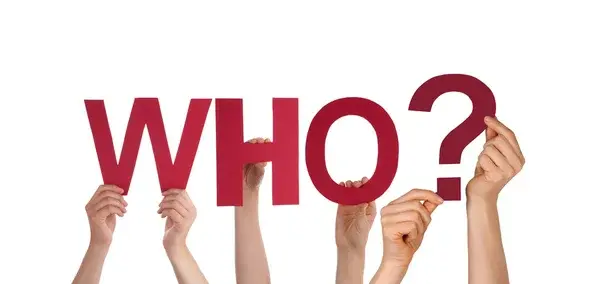
Who is Subject to SST?
SST applies to businesses and service providers, but consumers also indirectly bear the cost as businesses adjust prices to cover the tax.
Who Needs to Pay SST?
✅ Manufacturers & Importers – Businesses that manufacture or import taxable goods must pay the sales tax.
✅ Service Providers – Hotels, restaurants, digital platforms, and certain professional services must charge a 6% service tax.
✅ Consumers – SST is factored into the price of goods and services, making certain items more expensive.
SST Registration Requirements
Businesses must register for SST with the Royal Malaysian Customs Department (RMCD) if their annual taxable turnover exceeds RM500,000. Some industries, like food & beverage, digital services, and logistics, have different thresholds.
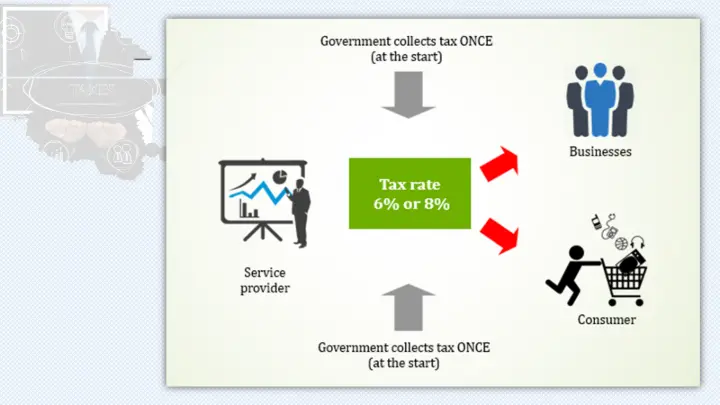
How Sales Tax & Service Tax Works?
Sales Tax (5% or 10%)
- Sales tax is imposed at the manufacturer or import stage before goods reach consumers.
- Not all goods are subject to sales tax; certain essential products are exempt.
- Sales tax rates vary depending on the category of goods.
Examples of Taxable Goods
- Automobiles - 10%
- Electronics (TVs, phones, laptops) - 5%-10%
- Alcoholic beverages - 10%
- Tobacco products - 10%
- Processed food items - 5%-10%
-
Luxury items (jewelry, perfumes) -
10%
Exempted Goods
Some essential goods are exempt from sales tax, such as:
- Rice, flour, sugar
- Fresh vegetables and fruits
- Medicines and pharmaceuticals
- Educational books and school supplies
Businesses that manufacture or import these exempted items do not need to charge sales tax.
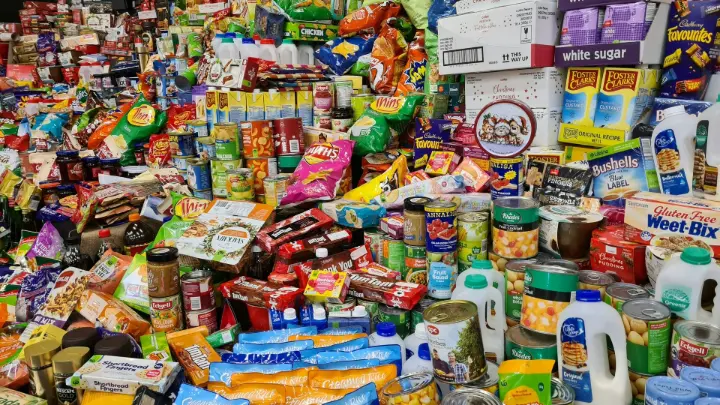
Service Tax (6%)
- Service tax is charged at the point of sale when a customer purchases a taxable service.
- Businesses must register for service tax if they meet the annual revenue threshold.
- The tax is added to the final bill and paid by consumers.
Examples of Taxable Services
- Restaurants & Cafés
- Hotels & Accommodations
- Telecommunications (mobile & internet)
- Insurance (except life insurance)
- Digital Services (Netflix, Spotify, Apple Store)
-
Legal & Accounting Services
Exempted Services
Some essential services are exempt from service tax, such as:
- Healthcare services
- Public transportation (buses, trains, taxis)
- Banking services
- Educational institutions

Impact of SST on Businesses and Consumers
For Businesses
- Higher Costs – Businesses pay sales tax on raw materials, increasing production costs.
- Pricing Adjustments – To maintain profit margins, businesses often pass the tax onto consumers.
- Compliance Requirements – Registered businesses must charge, collect, and remit SST to the government.
For Consumers
- Higher Prices on Goods & Services – Many items cost more due to SST, affecting spending habits.
- Smart Purchasing Decisions – Understanding SST can help consumers plan their shopping better.
- Increased Digital Subscription Fees – Services like Netflix and Spotify now include SST in their pricing.

How to Register for SST
If your business qualifies, you must register for SST with the Royal Malaysian Customs Department (RMCD).
Steps to Register for SST
Step 1: Go to MySST Portal – Visit https://www.mysst.customs.gov.my.
Step 2: Check Eligibility – Determine if your business meets the SST threshold.
Step 3: Submit an Application – Register online and provide necessary business details.
Step 4: Receive Approval – Once approved, you will get an SST registration number.
Step 5: Start Charging SST – Businesses must collect and submit SST returns every two months.
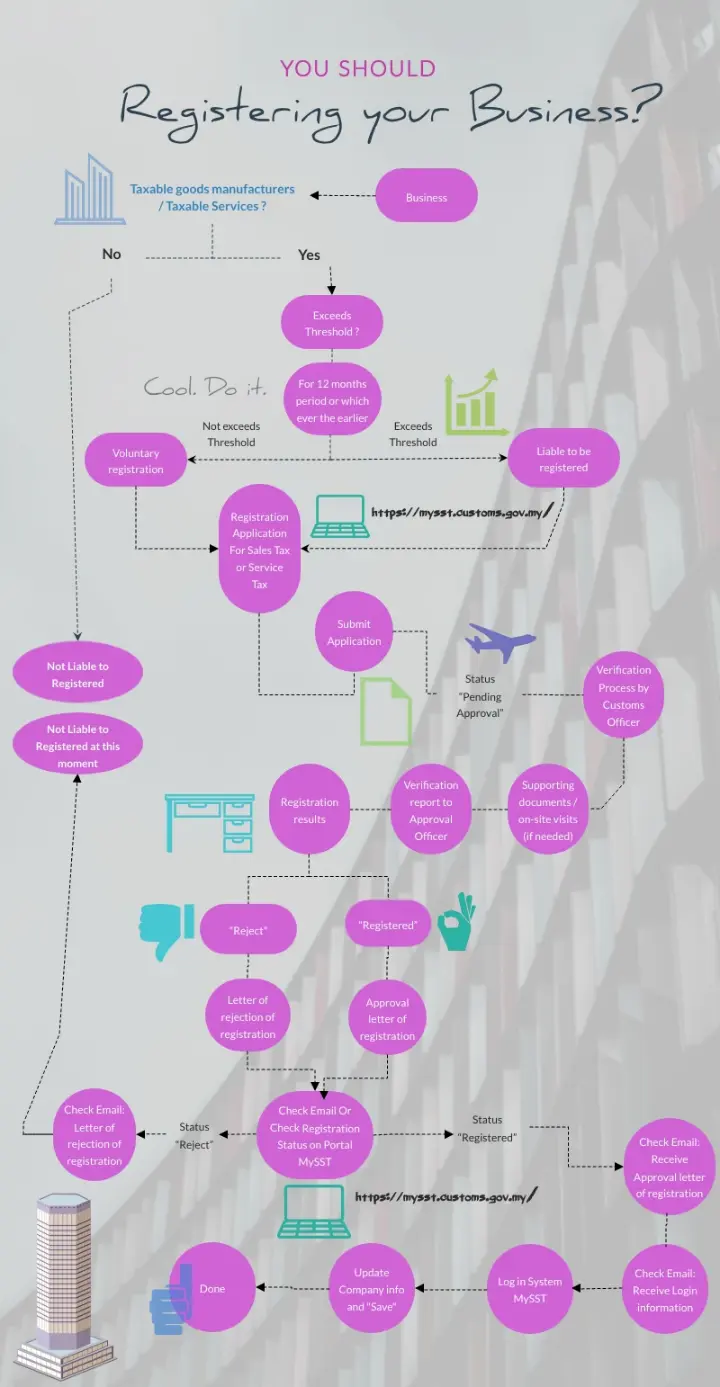
Common SST Mistakes to Avoid
- Not Registering on Time – Businesses that exceed the RM500,000 threshold must register promptly.
- Incorrect Tax Calculation – Applying the wrong tax rate can lead to penalties.
- Late SST Filings – SST returns are due every two months; late filings result in fines.
- Not Issuing Proper Invoices – Businesses must issue tax invoices showing SST charges.
Conclusion
Malaysia’s Sales and Service Tax (SST) affects both businesses and consumers. Businesses must register, comply with tax rules, and file returns, while consumers should understand how SST influences prices.
By knowing how SST works, you can make smarter financial decisions, whether managing a business or planning your spending.
For more details and registration, visit the Royal Malaysian Customs Department website.
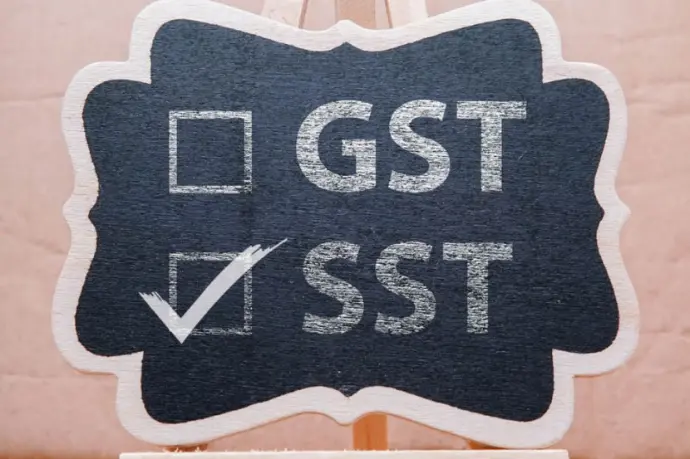
Sales and Service Tax (SST): How It Works and What You Need to Know